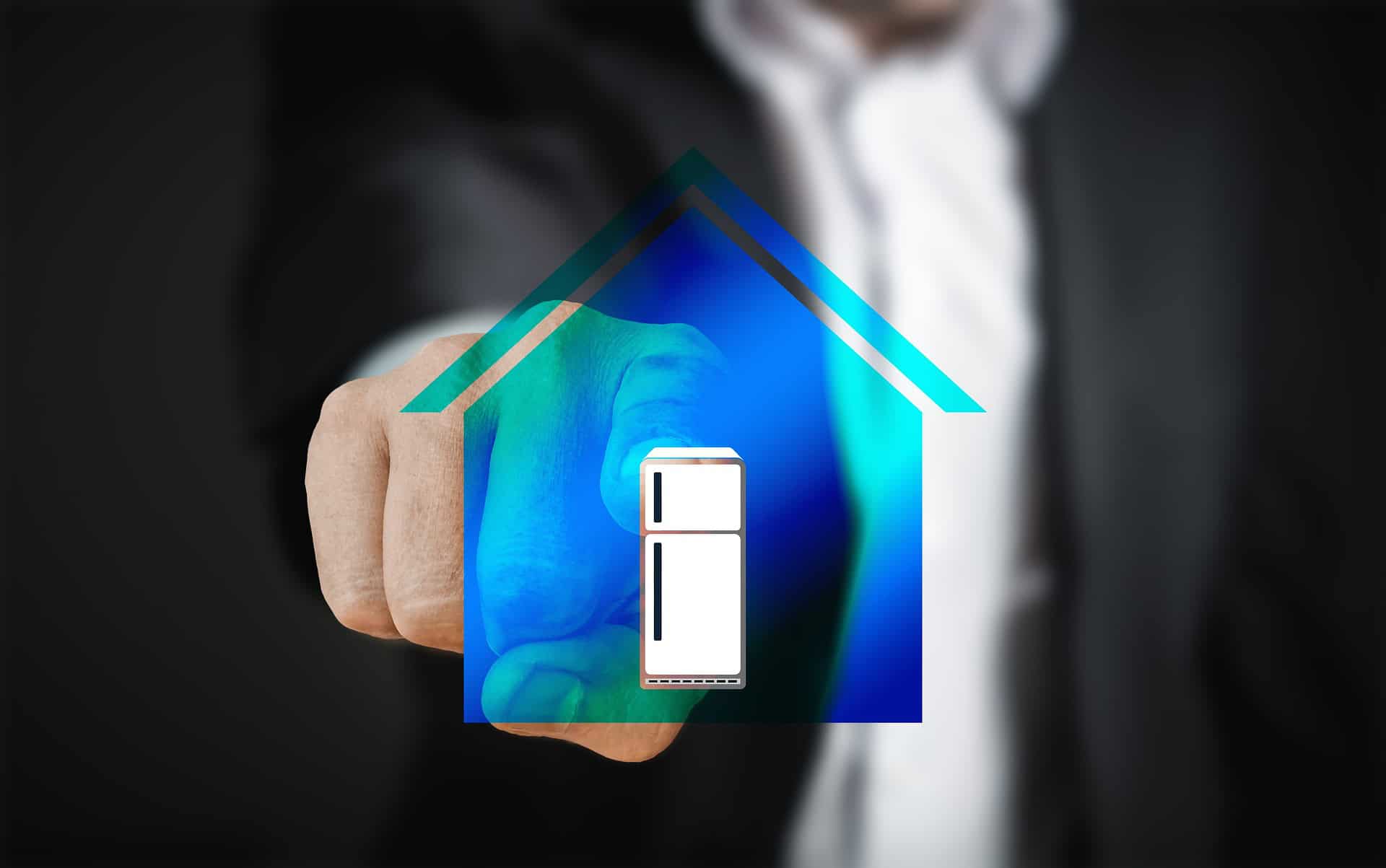
Question: What are the Disadvantages of a Smart Kitchen?
Answer: Disadvantages of smart kitchens include high initial costs, dependence on internet connectivity, potential security vulnerabilities, complexity, and compatibility issues between devices.
Smart Kitchen Drawbacks: Exploring the Downsides
Smart kitchens offer convenience. They also present challenges. This article examines the disadvantages of integrating technology into your kitchen. Understanding the drawbacks helps make informed decisions. Consider the following disadvantages before creating a smart kitchen.
High Initial Investment
Smart appliances cost more than traditional appliances. Budget is a key consideration. Building a fully smart kitchen requires a significant financial commitment. Replacing existing appliances adds to the expense. Consider the long-term value before investing.
Appliance Costs:
Smart refrigerators, ovens, and dishwashers often carry premium price tags.Installation Costs:
Some smart appliances require professional installation, adding to the upfront cost.Ecosystem Costs:
Creating a cohesive smart kitchen may involve investing in a specific brand ecosystem, limiting future choices and potentially increasing costs.
Click the link to read more about Blue Kitchen Refacing
Related Article: Should I Connect My Fridge To Wi-Fi?
Related Article: What is the Concept of a Smart Kitchen?
Data Security and Privacy Concerns
Smart kitchens collect data. This data includes usage patterns and food preferences. Data breaches are a risk. Protecting personal information is important. Consumers should understand data collection practices.
Data Collection:
Smart appliances gather data about your cooking habits. This data can include what you cook, when you cook, and how you use your appliances.Data Sharing:
Some smart appliances share data with third-party services. Understanding data sharing policies is essential.Privacy Risks:
Data breaches pose a risk to personal privacy. Secure networks and strong passwords are vital.
Compatibility Issues and Limited Lifespan
Smart appliances may not work together. Different brands use different technologies. Integration can be a challenge. Technology evolves quickly. Smart appliances may become obsolete faster than traditional appliances.
Interoperability Challenges:
Ensuring different smart appliances communicate effectively can be difficult. Compatibility issues can arise between brands.Technology Obsolescence:
The rapid pace of technological advancement means smart appliances may become outdated quickly. Features and support may disappear over time.Limited Lifespan:
The lifespan of smart appliances may be shorter than traditional appliances due to reliance on constantly evolving software and technology.
Reliance on Specific Brands and Ecosystems
Smart home ecosystems can be restrictive. Choosing one brand limits options. Switching brands later is difficult. Consumers lose flexibility with a single-brand ecosystem.
Ecosystem Lock-in:
Investing in a single brand’s ecosystem can make it difficult to switch brands later. Compatibility issues can arise.Limited Choice:
Committing to one ecosystem restricts choices for future appliances and upgrades.Brand Dependence:
Reliance on a single brand reduces flexibility and can create dependence on that brand’s products and services.
Increased Energy Consumption
Some smart appliances use more energy. Always-on connectivity contributes to energy use. Increased energy consumption impacts utility bills. Consider energy efficiency when choosing smart appliances.
Standby Power Consumption:
Smart appliances often consume energy even when not actively in use. This standby power contributes to overall energy usage.Network Connectivity:
Maintaining constant network connectivity requires energy. This adds to the appliance’s energy footprint.Energy Efficiency Considerations:
When selecting smart appliances, look for energy-efficient models to minimize increased energy consumption.
Smart kitchens offer exciting possibilities. However, consumers must consider the disadvantages. Weighing the pros and cons allows for informed decisions. Understanding the drawbacks helps manage expectations. A balanced approach maximizes the benefits of a smart kitchen. [ 1 ]
References
1. http://www.3keyproperties.com/the-pros-and-cons-of-smart-kitchen-and-laundry-appliances/

Blue Malue Get in touch with Blue here.
